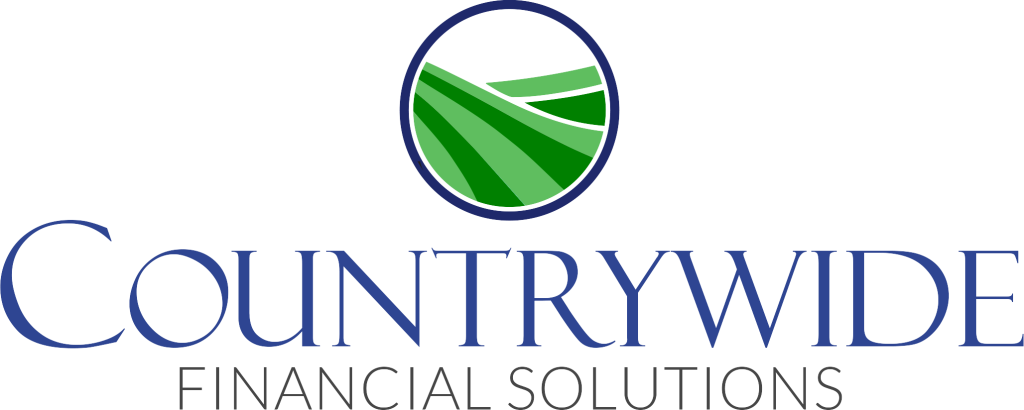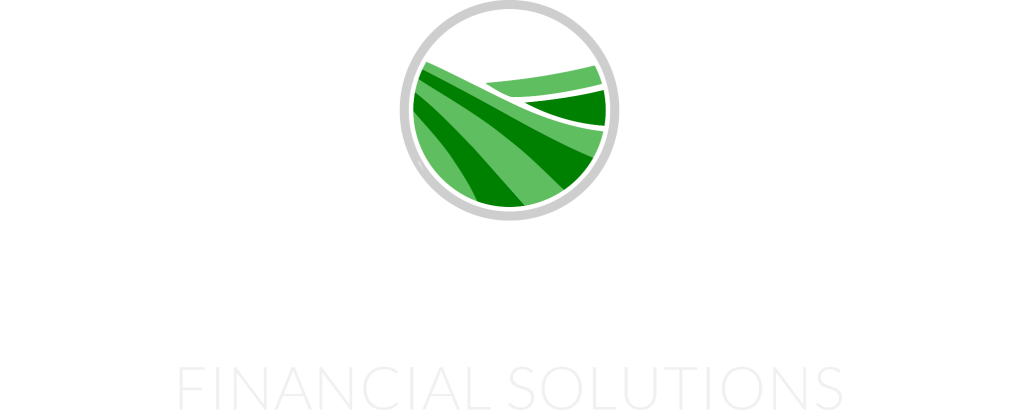21 Oct 5 Top Best Cashflow Management Tips for Businesses During Economic Uncertainty
Running a business has its highs and lows, but without cash flow, it’s like driving a car without fuel. And if you are a business owner with challenges managing your cash flow even in economic uncertainties, well, you are not alone. Most businesses do encounter challenges when balancing their financial books. But after reading this, you will be amazed to discover that managing cash flow is as easy as falling off a log.
And today, we unveil five simple cash flow management tips that can help you even during inflation.
But before that, let’s look at why it is important to manage cash flow.
Why is Cashflow Management is Important in Every Business?
Cracking the cash flow code is important regardless of your industry. It can be the difference between your business’s success and survival. In addition, cash flow management helps support business growth, mitigate risks, improve decision-making, and minimize over-borrowing.
You may Like Your Ultimate Guide to securing a small business loan
And, the best part is, when you learn the secret, you will run your company smoothly without any cash flow issues. Sounds good, right?
Now, let’s look at some of the proven tips for managing cash flow.
Cashflow Management Tips for Business Survival
1. Understand Your Business Needs
Managing cash flow effectively requires you to first understand your business needs. Write down all the expected daily expenses and allocate money to each.
Calculate the profits, and double-check your monthly expenses to determine if your business can provide constant cash flow. Review the past expenses and check your highest monthly payments to help predict what to expect in the future.
You can take a loan if you do not have a consistent cash flow. Do not wait until matters get out of hand to resolve the cash flow problem.
2. Use Effective Invoicing Model
Be sure to invoice your customers on time. Service-based businesses should ensure the customers pay a certain percentage, like 30% or 50%, before the start of the project, then invoice the remaining amount when the work is completed.
For product-based businesses, you can raise an invoice when the products are delivered or have a payment plan for customers who order in bulk.
3. Track your Revenue
Calculate the total sales, and expenses regularly to determine how well your business is performing and to reduce the chances of missing your sales targets. Keep implementing new sales strategies when you fail to meet your weekly expectations.
4. Keep an Eye on the Current Market Trends
Every day, new trends are introduced in different industries. Keep track of what is trending to ensure you are not left out or missing out. Incorporate these trends in your business and customize your services or products to stand out.
5. Cut Down on Expenses
If you are in an industry that calls for regular upgrading of equipments, it is advisable to lease rather than buy new ones. Automate the operations to save on labor. Seasonal businesses should consider producing in bulk and hiring some employees temporarily so that they do not incur salary expenses during low seasons.
Read Also: Is Equipment Leasing a Viable Option for Small Businesses? Find Out More
Wrapping Up
Managing cash flow is an art entrepreneurs should master. But with the above strategies, you can successfully drive your business in the right direction, even during inflation. Do not relax and watch your business sink into a cash flow crisis; start implementing now.


